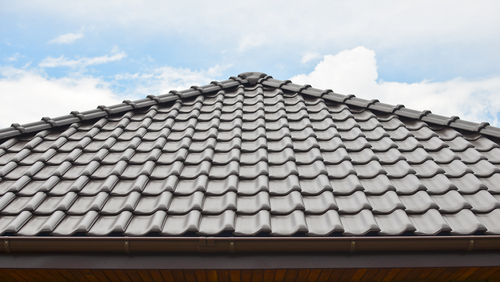
How To Waterproof A Concrete Roof?
March 11, 2021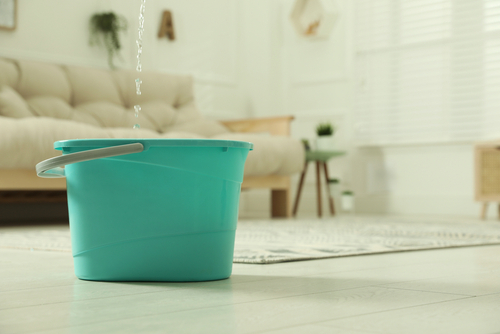
How To Repair A Leaking Roof?
April 21, 2021Can I Do My Own Waterproofing?
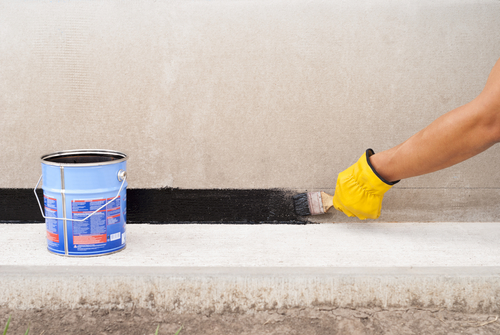
Can I Do My Own Waterproofing? Waterproofing is a task that most homeowners avoid carrying out themselves, asking the help of an experienced professional. However, if you are short of money to hire a qualified contractor, you can do the job yourself.
All you need is quality resources, patience, accuracy, and strict compliance with the guidelines. Here is how to perform DIY waterproofing of different places in your house.
Table of Contents
Foundation walls
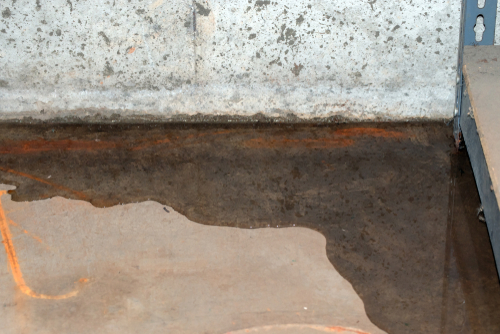
The basement is often the victim of leaks, humidity and rotting. It is a vulnerable place of your house that needs additional protection. Luckily, you can make it resistant to water by your own means.
You need to buy waterproof paint that specializes in sealing wet basement walls. The paint creates a barrier for the outside moisture, preventing leaks, and minimizes the impact of high humidity on the walls. Make a point of buying high-quality paint to ensure it provides long-term protection.
Before you proceed with the paint application, make sure the walls don’t have paint on them. The sealant does not adhere to paint. The wall has to be totally bare to allow the sealant to stick. If you notice pieces of old dry paint, go ahead and remove them.
You can use a wire brush for that, which is an inexpensive DIY tool that removes paint easily. Once the walls are bare, apply a thick coat of sealant, gently covering all holes and cracks.
Wood

Wood isn’t also in a good relationship with water. Extensive exposure to moisture can lead to wood’s swelling, rotting, discoloration, warping, and deterioration. While exterior wood items seem more vulnerable, interior ones are also under attack.
If the humidity level in your house is high, the wood will have to suffer. Wall leaks next to wood furniture will also affect the wood’s structure, durability, and natural beauty. So is it possible to perform waterproofing yourself?
Yes. If you can afford to sacrifice some hours of your busy life, you can go ahead. You will have to begin by choosing the way of waterproofing. There are some agents that you can use to seal the wood surfaces.
1. Linseed oil or Ting oil
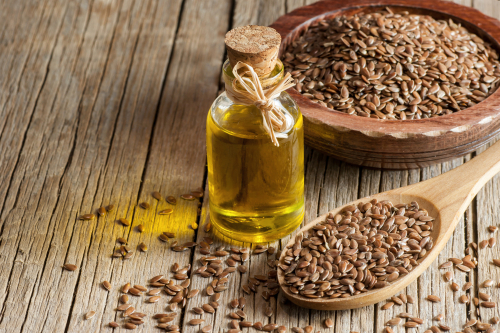
Linseed and Tung oils are time-tested ways of protecting and beautifying wood furniture and exterior decorations. They provide a nice and shiny finish that revives the natural appeal of the wood.
At the same time, the oils effectively create a sealing barrier between the vulnerable wood and exterior dangers. Use a paintbrush to apply the oil on the clean dark wood. Keep in mind that you can’t apply it on light wood.
The oil becomes yellow over time, so you are going to spoil the appearance of the light wood.
2. Sealants
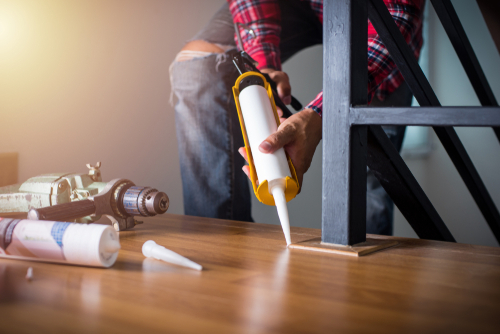
Sealants are good both for light and dark wood. Whether you choose polyurethane or varnish, you will offer excellent water resistance to your wood items. You can either brush or spray the sealant over the surface.
Make sure you apply a generous coat to cover all holes and prevent leaks. Never shake the sealing agent before application. It creates bubbles that will later pass onto the wood surface and stay there forever.
3. Stain-sealant agents
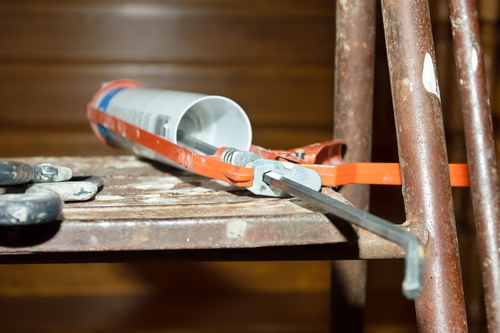
If the wood color has faded, your best bet would be a stain-sealant combo. It performs two tasks at once.
- First, it creates a protective layer that impedes water and humidity from affecting the wood.
- Second, the color pigments present in the sealant allow it to make the dull wood look more vibrant and lustrous.
Plumbing pipes
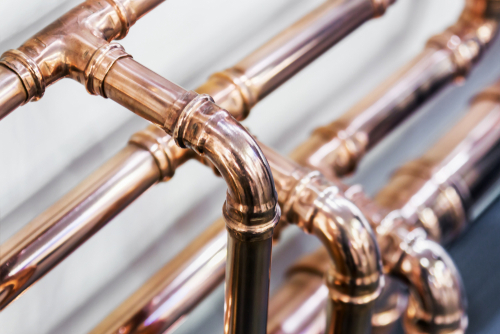
If your plumbing pipes are leaking and you can’t afford to hire a plumber, there are some ways out. First, you can use some plumber epoxy to seal the leaking spot on the pipe. Follow the instructions to make sure you get the best results.
Alternatively, you can apply a neoprene or a rubber patch on the hole to stop water from seeping through. Though being efficient, these are just short-term solutions. In the future, you will need to hire a plumber to perform a more complex waterproofing or replace the pipes.
Can I Do My Own Waterproofing? – Conclusion
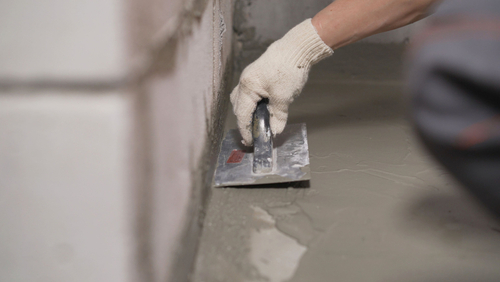
Diy waterproofing is a perfect alternative to professional waterproofing, as it allows you to save money. However, you must take this task extremely seriously, working with patience, precision, and avoiding the rush.
Also, you should choose the highest-quality products to ensure your surfaces receive long-lasting and efficient water resistance.




